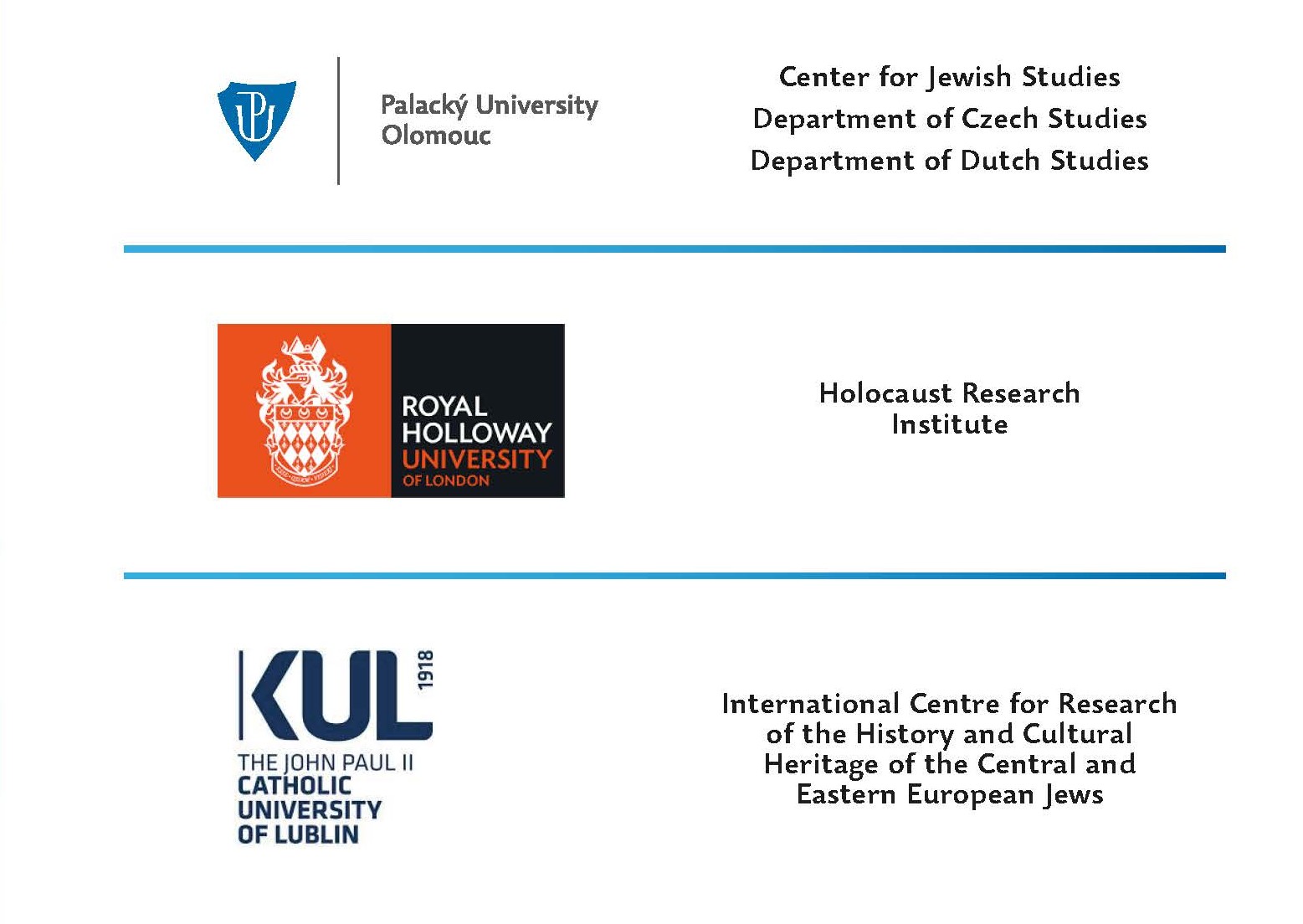Event
Transformations of Shoah Trauma in Post-2000 Literatures
In the eighty years since the end of the Second World War, perspectives on the Shoah have evolved significantly, shaped by geopolitical and social factors. ese shifts have encompassed periods of silence, an inability or unwillingness to process the catastrophe´s exceptional scale, and movements toward visibility, fascination, marginalization, denial, privatization, instrumentalization and commercialization. As historical distance grows, new generations of writers, artists, and scholars face the challenge of representing this trauma in ways that engage contemporary audiences while remaining anchored in historical memory.

The conference seeks to examine how the legacy of the Shoah continues to shape literary expression today, tracing its global trajectories. It will explore multilingual perspectives, comparative readings, and transnational approaches to the subject. Key areas of focus include:
- Narrative innovation in Shoah literature after 2000
- Intergenerational transmission of trauma
- Ethical questions surrounding representation
- The intersection of Shoah literature with emerging cultural and technologically mediated frameworks.
Additionally, the conference will address the evolving role of testimony in an era without first-generation witnesses, the impact of digital and multimedia storytelling, and the ways in which contemporary literature negotiates the boundaries of fiction, memoir, and historical documentation.
By bringing together scholars and writers, this event aims to foster dialogue on the ongoing relevance of Shoah narratives in global cultural memory and their transformative impact on post-2000 literature across and beyond linguistic and national borders.
Call for Contributions
We welcome submissions on the following topics:
FICTION
- Changing narratives and artistic strategies in post-2000 Shoah literatures from a global perspective
- The role of new genres and modern technologies
- Transnational and cross-cultural shifts
- Shoah memory in literary production (familial, national, second-/third-/fourth-generation, post-memory, multidirectional memory, cosmopolitan memory, non-memory)
- The role of local and national memory institutions in the production, promotion and dissemination of Shoah literature
- Gender and transgenerational perspectives on Shoah representation
- The role of translations and adaptations in the global circulation of Shoah memory
NONFICTION
- The relationship between collective and individual memory in memoirs and historical accounts
- Tracing roots: historical documents and literary authenticity
- Autobiographical and intergenerational family history literature
- The use of ego documents in memoir writing
- Art, photography and objects as literary devices and narrators
- The integration of new technologies and data sets in historiographical and literary practices
- Ethical considerations in editing, curating, and disseminating these personal narratives for a modern audience
- Shoah memory in relation to other histories of trauma and violence
An author´s reading section will also be included in the conference program.
Information
See also
Traumatic Modernities: From Comparative Literature to Medical Humanities / International Conference and Seminars
Organizers:
Memory Studies Association Annual Conference “Convergences”
We welcome proposals for papers, panels, and other events to be presented at the Memory Studies Association’s 2021 annual meeting. As always, the MSA will be a forum for debating all aspects of memory studies.
NARRATING JUSTICE: POSTWAR TRIALS IN MEMORY AND CULTURE
The year 2026, marking the eightieth anniversary of the Nuremberg Trials (1945–1946), invites renewed reflection on the significance of post-war justice in the longue durée of twentieth-century European history.
Vladimir Nabokov and the Fictions of Memory
Almost 40 years after Nabokov's death his texts continue to function as literary Fabergé eggs in which scholars keep finding hidden surprises and previously overlooked details. As Nabokov wrote in Conclusive Evidence, "the unravelling of a riddle is the purest and most basic act of the human mind." However, readers and critics are divided on the issue of whether Nabokov is a postmodern riddle-maker enjoying the game itself without enabling the player to reach the ultimate solution, or whether the riddles are solvable by a reader astute enough to follow all the sophisticated patterns and allusions which point to Nabokov's metaphysical convictions.